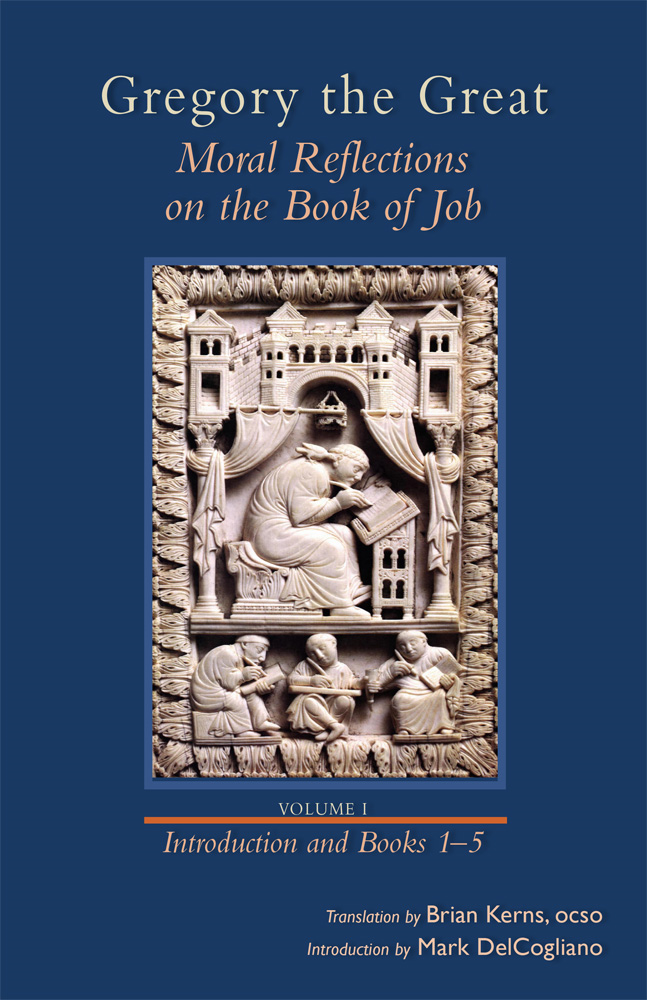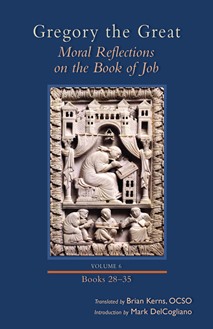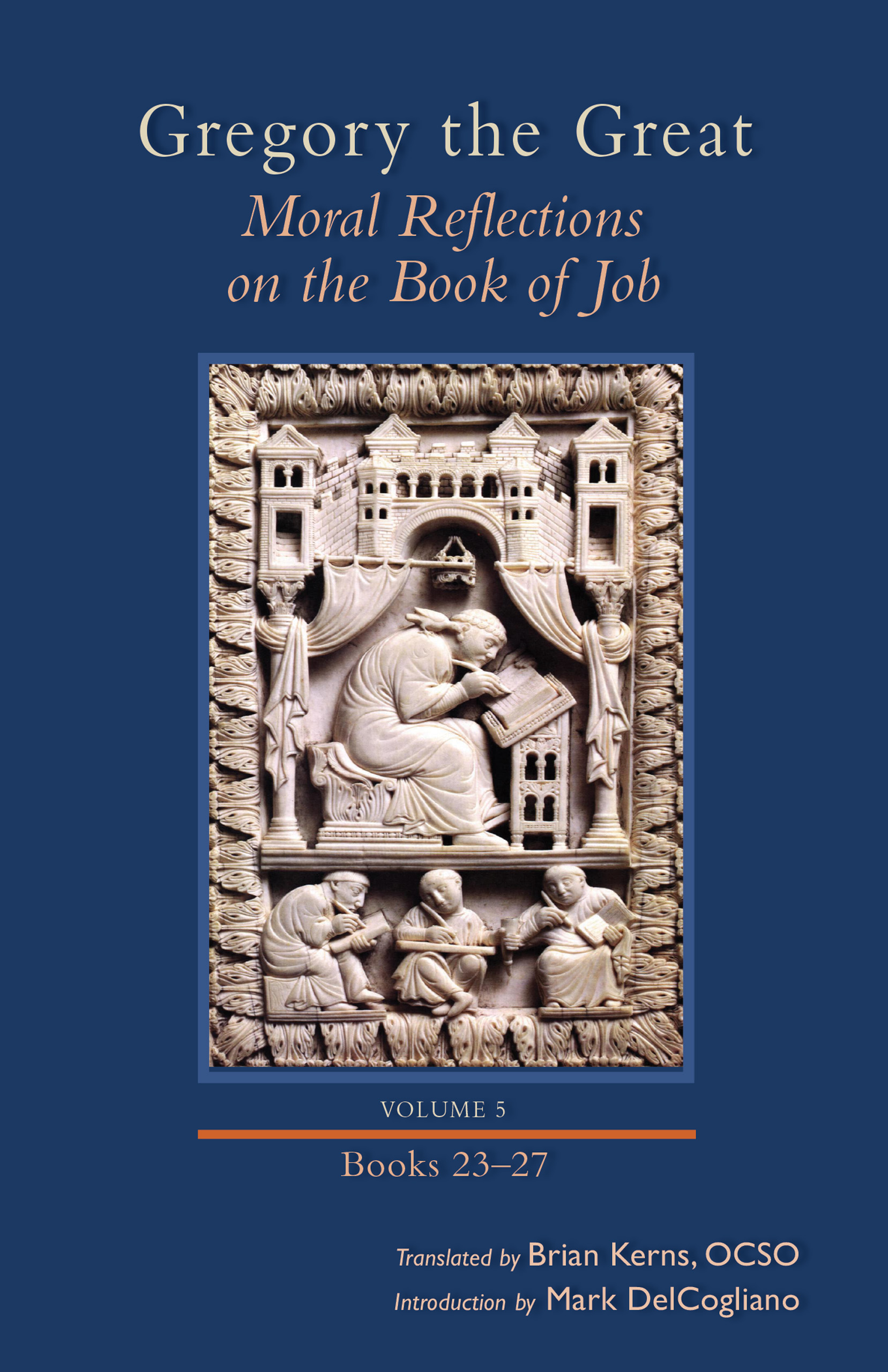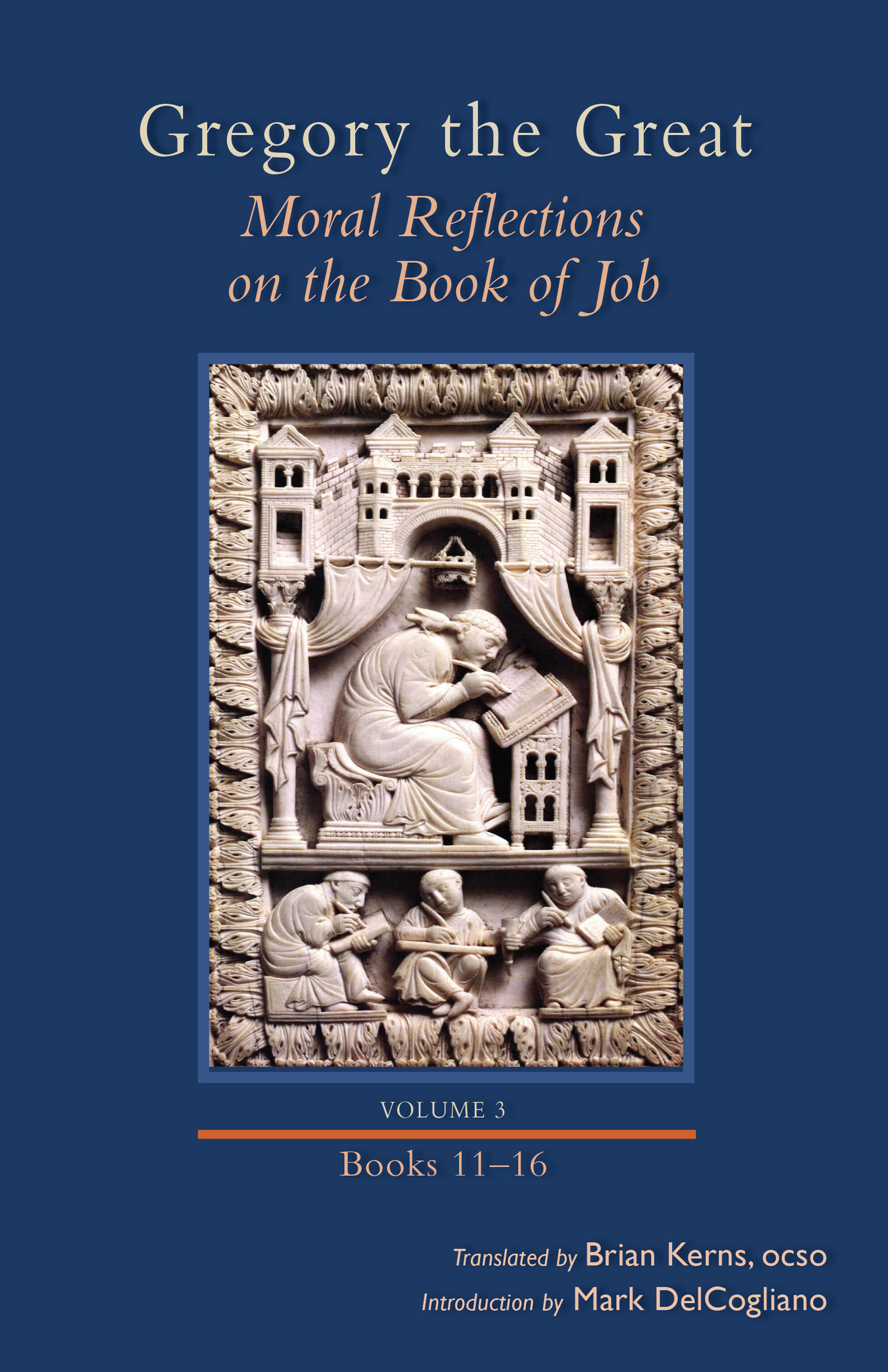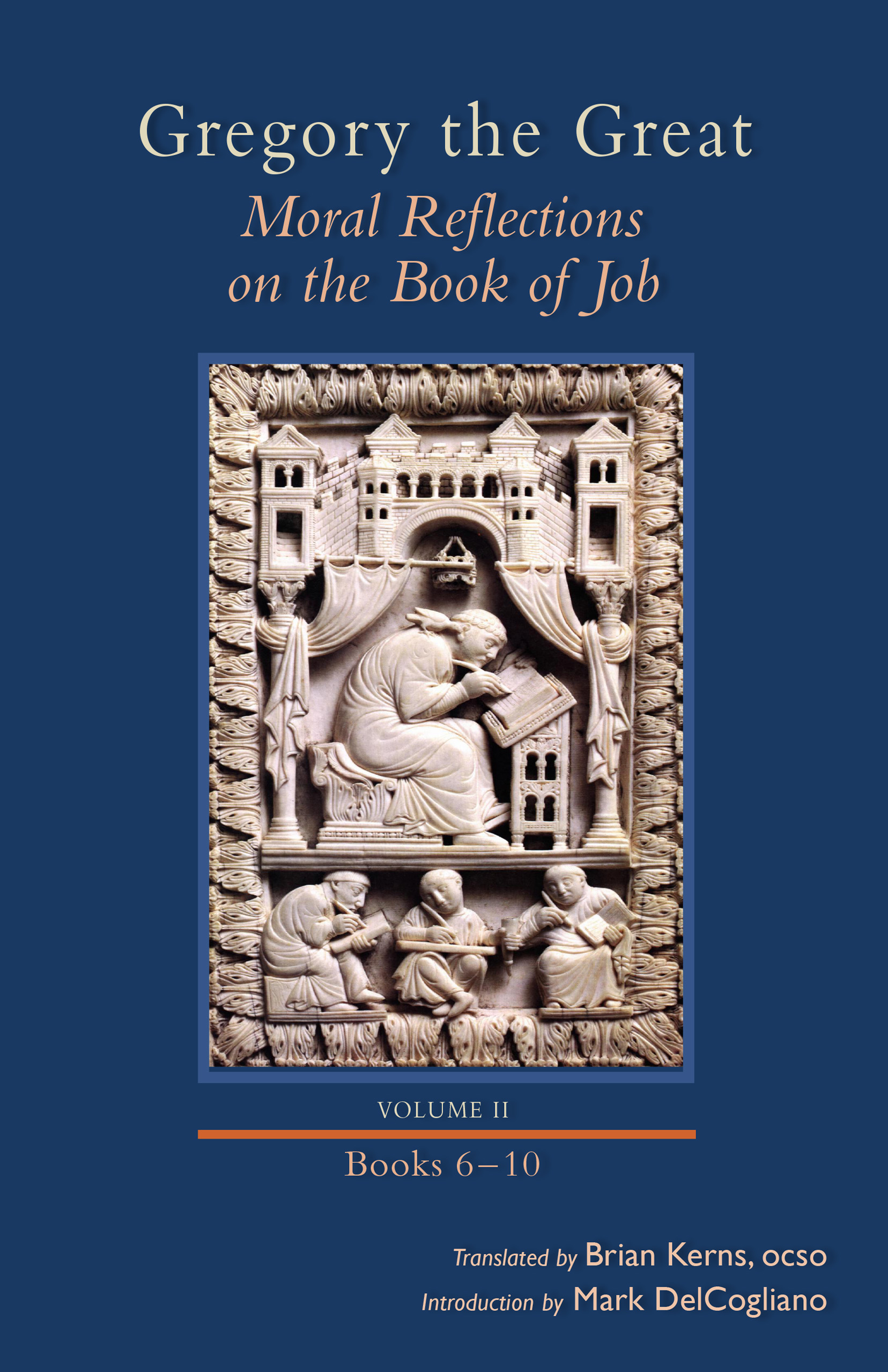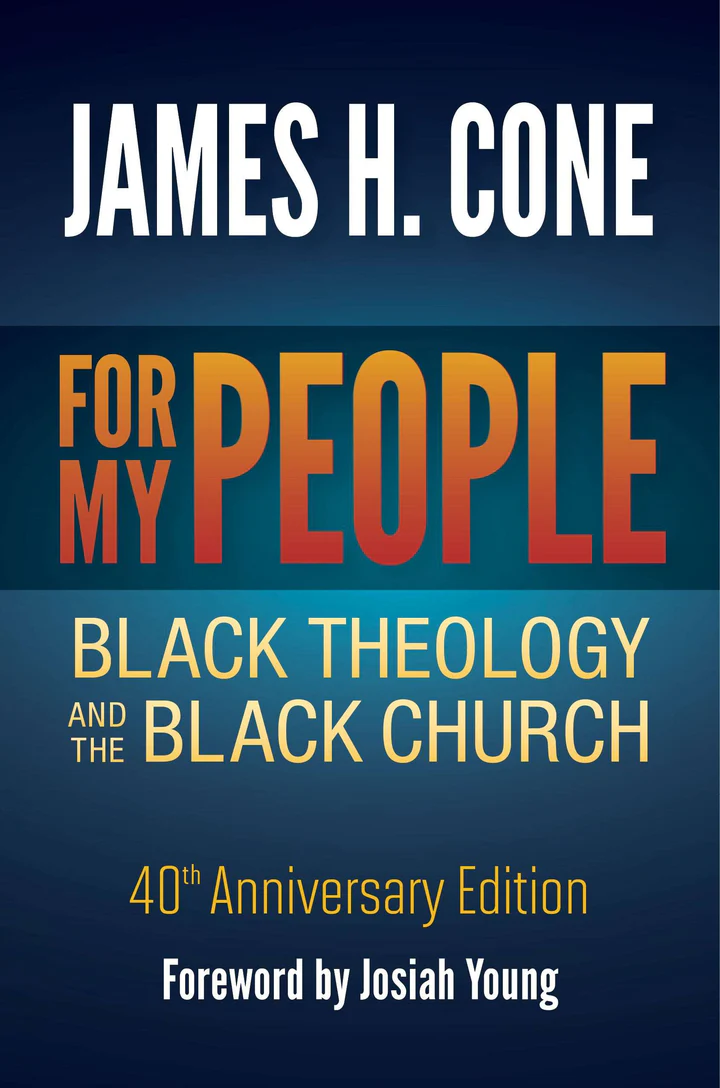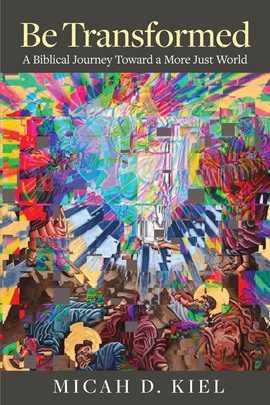Reclaiming Stolen Earth demonstrates how the crisis of global climate change, like so many social crises, is an outgrowth of the most consequential problem of the modern era: the problem of “whiteness.” Clark argues that an African-centered, or Africana, approach to theology reveals the ways that Black theology has radical ecological implications.
Jawanza Eric Clark is associate professor of global Christianity at Manhattan College, NY. He holds a BA from Morehouse College, an MDiv from Yale Divinity School, and a ThM and PhD from Emory University. He is editor of Albert Cleage Jr. and the Black Madonna and Child, and author of Indigenous Black Theology: Towards an African-Centered Theology of the African-American Religious Experience. He is currently co-chair of the Black Theology unit of the American Academy of Religion.
“Jawanza Clark’s Reclaiming Stolen Earth is one of the most forward-looking and sophisticated contributions to the growing discipline of Africana spirituality and ethics. His voice is prophetic, erudite, and wise.”
–Josiah Young, Author of A Pan-African Theology: Providence and the Legacies of the Ancestors.
“In Reclaiming Stolen Earth we find theology that really matters. Addressing Black suffering across the world and across time, it deals with the loss of personhood and crucially of the land out of which we emerge. Significantly, it doesn’t end there, but rather with reference to practices already being engaged in, it provides us with ways forward that are liberatory and that promote flourishing of both person and planet.”
— Emmanuel Y. Lartey, Candler School of Theology, Emory University.
“In Reclaiming Stolen Earth Jawanza Eric Clark has written an important, groundbreaking text. This is a constructive, African centred theological text that proffers a critical appraisal on how we conceive of the earth. Clark’s Africana vision is one that will challenge, illuminate and excite, as readers are confronted with a Black theological vision for reclaiming that which has been stolen and appropriated by the rapacious tentacles of Whiteness. This is a must read.”
— Anthony G. Reddie, Director of the Oxford Centre for Religion and Culture, Regent’s Park College, Oxford University.

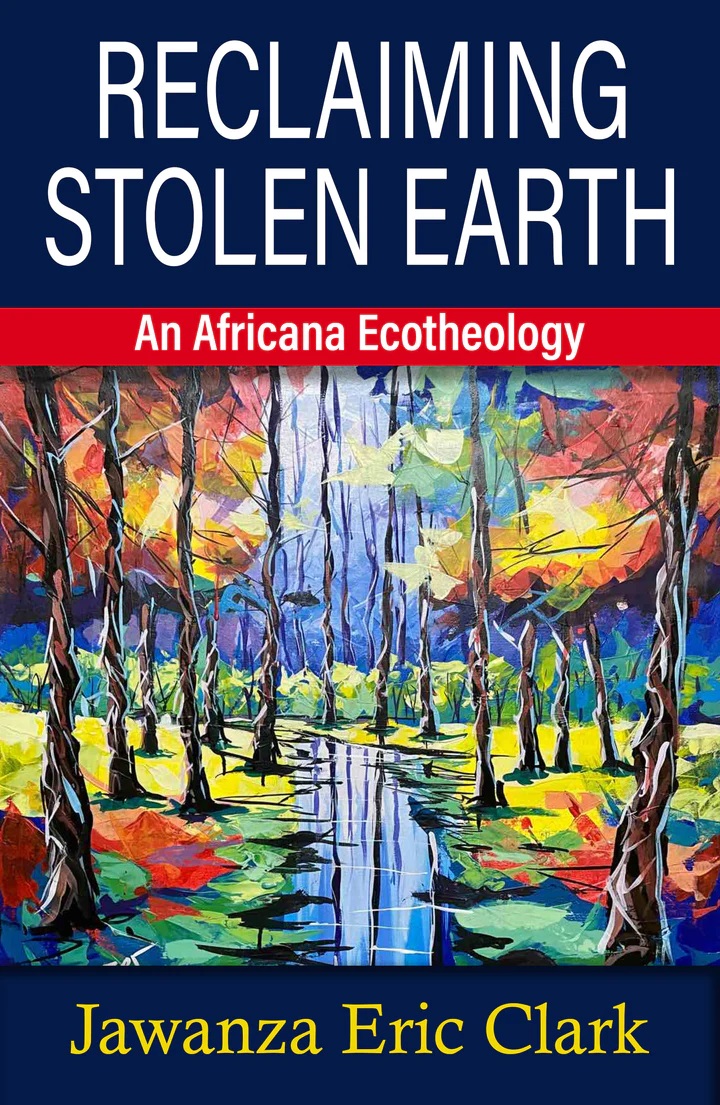
 Back
Back

